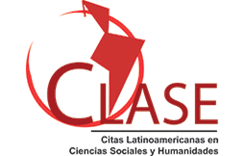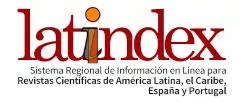Opportunities and challenges for localization of SDGs: experiences in the sao paulo metropolitan area
DOI:
https://doi.org/10.54399/rbgdr.v20i2.7407Keywords:
2030 Agenda, Municipalities, Multilevel governance, Sustainable developmentAbstract
The localization of Sustainable Development Goals (SDGs) within municipalities has emerged as an opportunity for the evolution of multilevel governance processes. In this article, a practical experience of environmental policy decentralization is analyzed with the “bottom-up” localization of SDG 6, based on water management actions, from the Blue-Green Municipality Program (BGMP). Four municipalities in the Metropolitan Region of São Paulo were selected, located in areas with a number of springs, which are extremely important for the water supply of the local population. As a method, participatory action-research was adopted with consultations of municipal reports and plans for situational analysis, in addition to the holding of workshops and interviews. The main results showed that the process of locating SDGs, analyzed with the support of the Sustainable Development Goals Synergies tool, allowed public managers to clearly visualize those SDGs that may be affected by the actions of the BGMP, as well as the intensity of these interactions and the importance of multilevel governance. Conversely, despite the region being able to count on a significant institutional arrangement, disarticulation between the main bodies was also found to exist, with the difficulty of structuring a more effective and efficient model of multi-level governance persisting. In this context, SDGs risk becoming merely another tick box in municipal plans and programs, instead of inspiring effective and necessary political changes.
Downloads
Published
How to Cite
Issue
Section
License
Copyright (c) 2024 Revista Brasileira de Gestão e Desenvolvimento Regional

This work is licensed under a Creative Commons Attribution-NonCommercial 4.0 International License.
Authors who have their papers accepted and published in the Brazilian Journal of Regional Management and Development must agree to the copyright policy CC BY https://creativecommons.org/licenses/by/4.0/.
If the article is accepted for publication, the copyright is automatically assigned to the Brazilian Journal of Regional Management and Development.


















